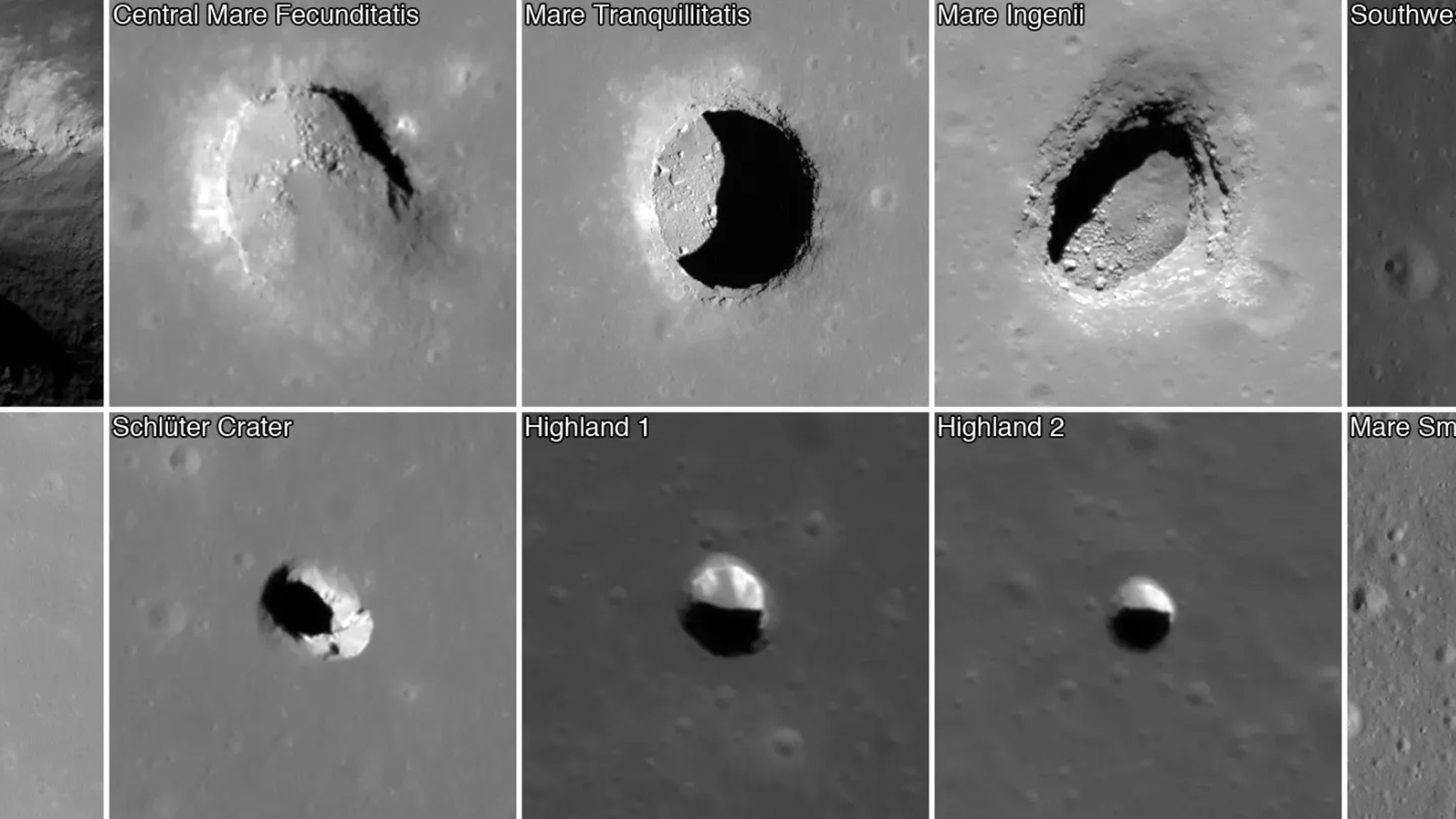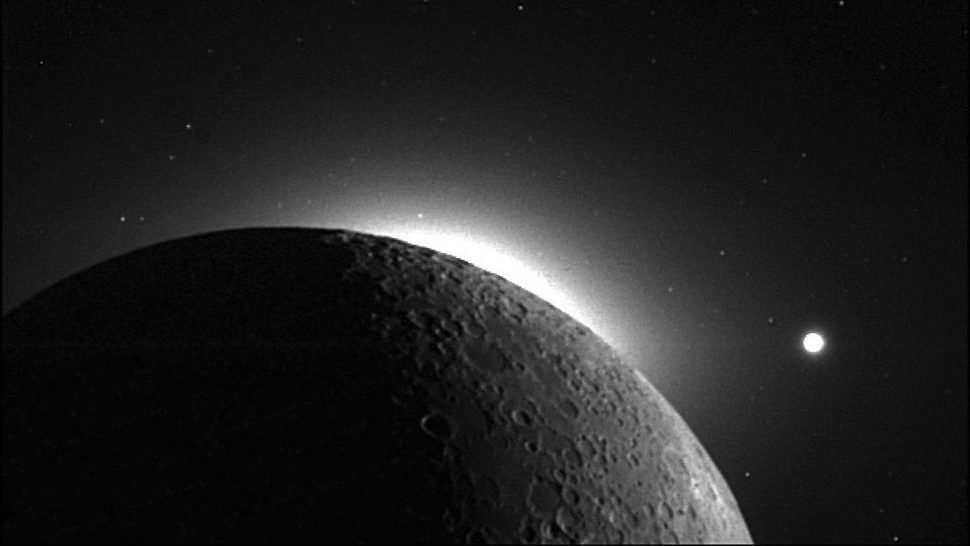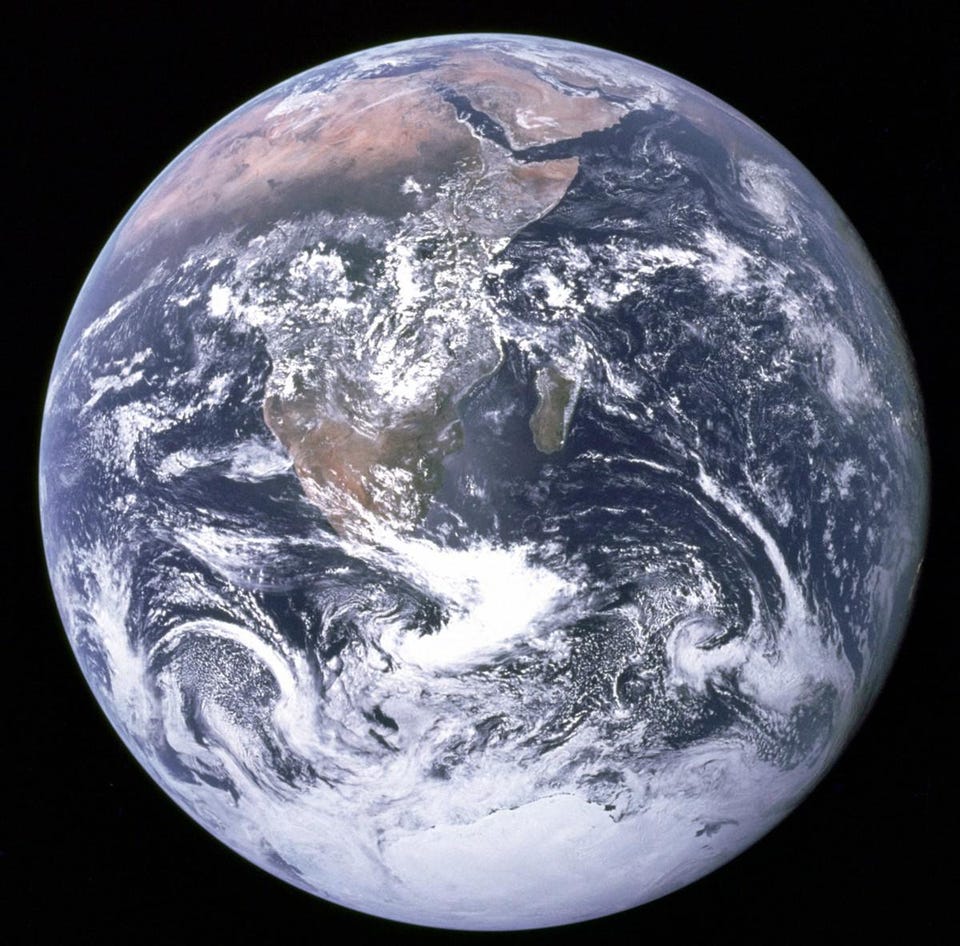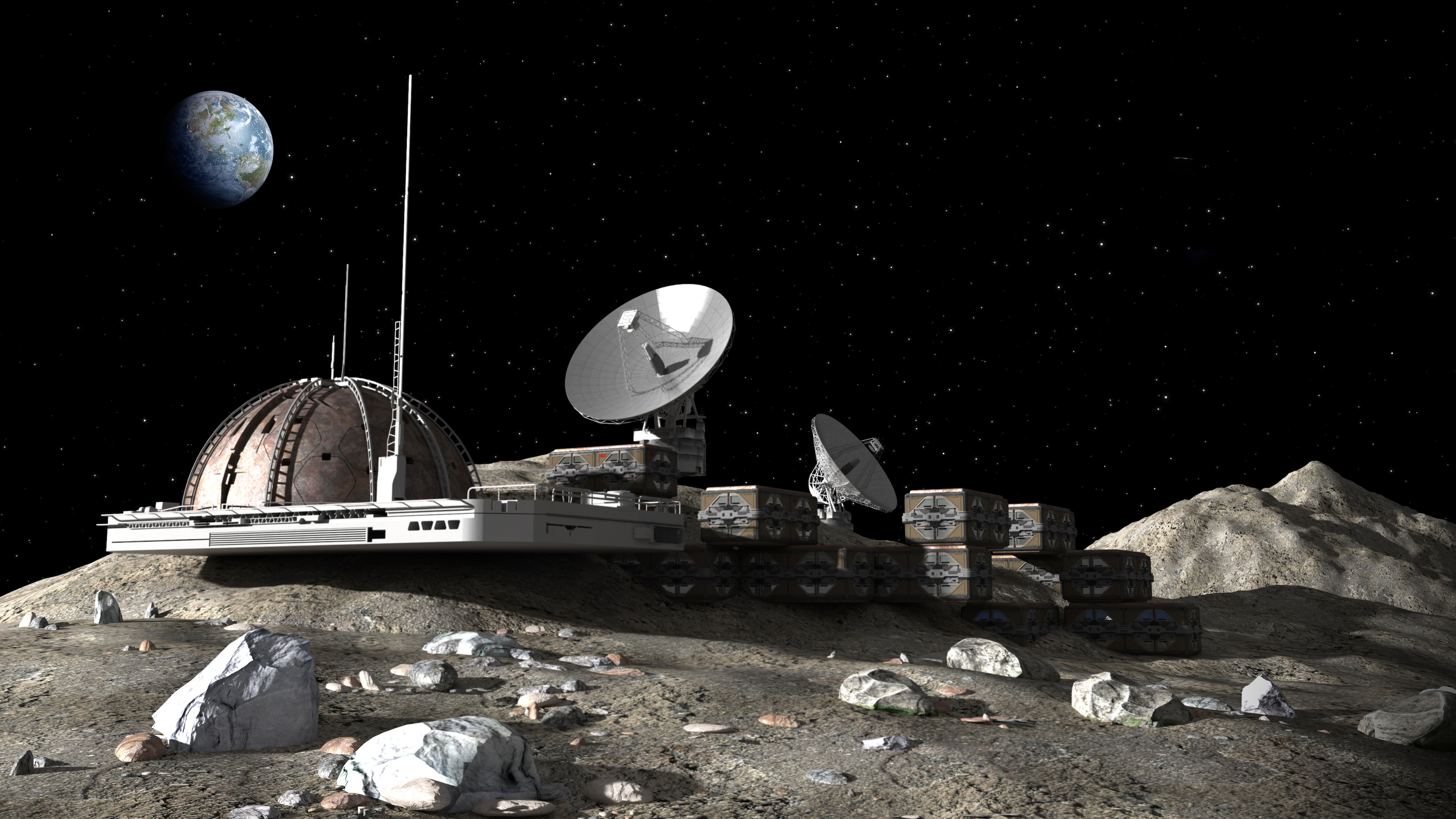Ancient Lunar Lava Caves Could Host Human Colonies
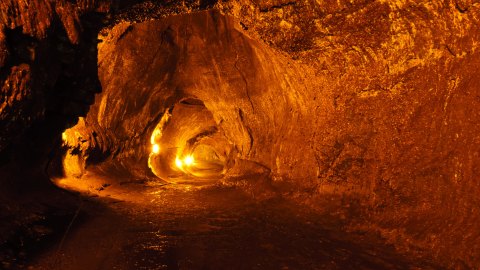
You may not know it, but the moon wouldn’t be the most hospitable place to settle down. Temperatures can reach as high as 250 degrees, not to mention there’s a constant threat of space debris crashing into the satellite sphere, oh, and there’s also the cosmic rays to worry about — you know, radiation and all that. However, a team at Purdue University thinks there’s still hope for a colony on the moon in its underground tunnels.
It’s just a theory, but the team has some evidence that there could be underground lava tubes snaking beneath the moon’s dusty exterior. Big enough to hold entire cities. These tubes would be similar to those on Earth; they are thought to form as a result of lava pushing to the surface, which leaves behind an empty cavern where the molten lava used to be. However, it’s not certain these lunar tubes exist. But images of the satellite appear to show openings to these tunnels, according to Jay Melosh, a professor assisting in the research.
“There has been some discussion of whether lava tubes might exist on the moon. Some evidence, like the sinuous rilles observed on the surface, suggest that if lunar lava tubes exist they might be really big.”
The next question here is are these tubes really able to sustain a lunar colony? The team seems to think so. David Blair, a graduate student who led the study, says the tunnels wouldn’t be at risk of collapse:
“This wouldn’t be possible on Earth, but gravity is much lower on the moon and lunar rock doesn’t have to withstand the same weathering and erosion. In theory, huge lava tubes — big enough to easily house a city — could be structurally sound on the moon.”
The caverns would be a more manageable temperature — the tubes sitting at a brisk -4 to -22 degrees Fahrenheit — and the lava walls would help to protect moon citizens from flying debris. But until someone decides to take a dive below the surface of moon, we won’t really know if they exist. Anyone wanna go spelunking?
Read more at Purdue University News.
Photo credit: Shutterstock
